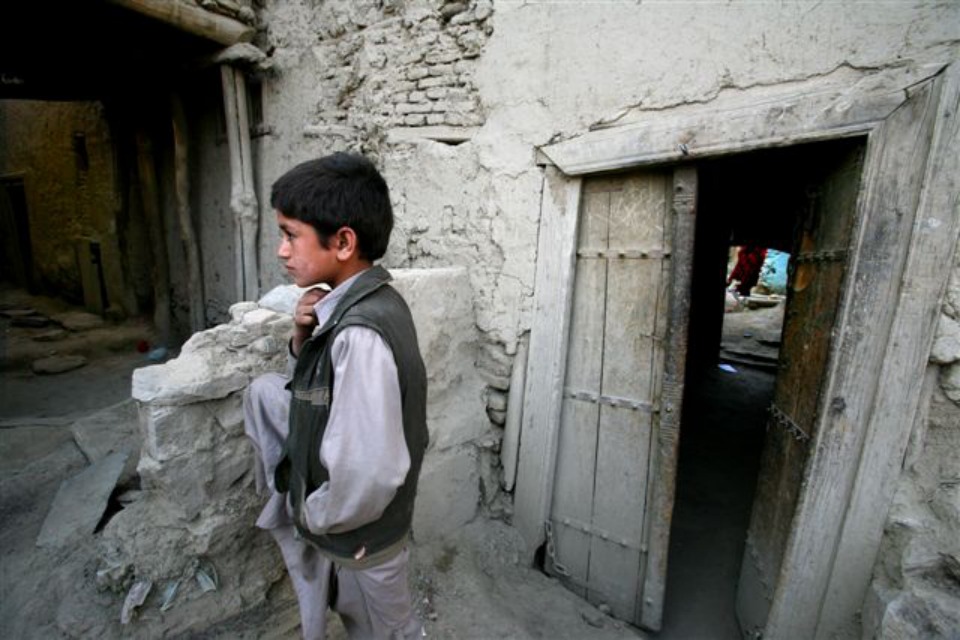"No child anywhere or at anytime should needlessly be endangered or suffer in conflict"
Statement by Ambassador Lyall Grant, UK Permanent Representative to the UN, to the Security Council Open Debate on Children and Armed Conflict

I thank the Special Representative Leila Zerrougui, and other briefers, for their valuable contribution this morning and I welcome the earlier presence of the Deputy Prime Minister and Foreign Minister of Luxembourg at today’s debate. The progress already made during Luxembourg’s chairmanship of the Working Group on Children and Armed Conflict is encouraging. The United Kingdom welcomes the strong leadership shown by both SRSG Zerrougui and Ambassador Lucas on this work and look forward to their continued efforts. This debate is a reminder of why the Security Council’s work is so important. The Secretary-General’s report documents hideous violations.
-
Thousands of children killed and maimed by explosive weapons and continuous shelling,
-
Systematic rape and torture of girls and boys
-
And forcible use of children as human shields.
Madame SRSG, You have demonstrated effective advocacy and active engagement to prevent these grave violations against children. I am grateful for your report and commend UN country task forces for producing reliable and evidence-based information on violations against children. But a high level of ambition for the Children and Armed Conflict agenda must be sustained. Your campaign announced today for no child to be associated with State armed forces in conflict by 2016 demonstrates such ambition. The United Kingdom fully supports this goal. In the last 12 months, action plans have been signed with parties to conflict in Burma, in Somalia and in the Democratic Republic of Congo. We expect and look forward to the signing of further action plans under negotiation. The adoption of today’s Presidential Statement builds on this success by strengthening Council consensus to tackle persistent perpetrators. I call on all of us to address three challenges in particular:
- Implementing the action plans,
- Reintegration of children
- And combating impunity.
We call on all parties to conflict that have not concluded action plans to do so immediately. But signing an action plan is only the first step. All parties to conflict must honour their commitments as quickly as possible. To support the implementation of these plans, the United Nations, international partners and member states must address funding gaps and prioritize the deployment of senior child protection advisors. The ultimate tragedy is children who grow up to perpetuate the cycle of conflict as adults. Denied a childhood, a home, an education, children become trapped in a world of armed conflict. We can support successful reintegration of these children into society by:
- Stopping the military use of schools
- And securing provisions to protect children in peace processes.
Finally, impunity for those who commit violations against children is unacceptable. Perpetrators should be in no doubt that their crimes will be investigated and that trials will follow, as demonstrated by the trials of Thomas Lubanga and Charles Taylor, and the recent transfer of Bosco Ntaganda to the International Criminal Court. Cooperation between the Security Council and the ICC is critical to ensuring this accountability. The future of children across the world depends on the United Nations rising to these challenges. No child anywhere or at anytime should needlessly be endangered or suffer in conflict. The Presidential Statement to be adopted today signals that determination.
Updates to this page
-
added quotation marks in title
-
First published.